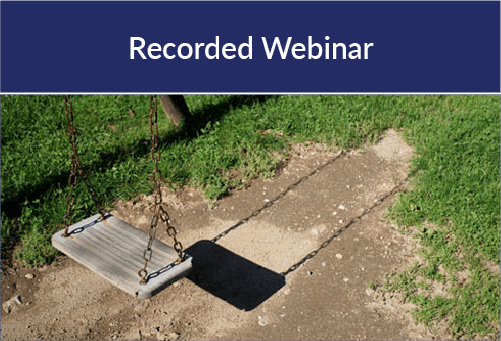


Explore the fundamentals of the Internet of Things (IoT) and its growing role in modern criminal investigations through this self-paced training. The course introduces investigators to how connected devices generate critical digital evidence, explains common types of IoT data, and highlights practical considerations for identifying, collecting, and preserving IoT-based evidence during an investigation.

Explore artificial intelligence applications in law enforcement. The content expands on key concepts, applications, benefits, and ethical considerations for law enforcement professionals to appreciate as AI becomes increasingly integrated into policing practices.

Have you heard about Financial Sextortion? Do you understand why youth are so vulnerable to sextortion? Do you know what resources and support you can offer victims and families? Dana Miller shares three critical points that are crucial when responding to a sextortion incident, and when helping a child or family where a minor has been a victim of sextortion.

Examine the common medical and social myths and misconceptions that undermine the investigation and adjudication of child sexual abuse cases. Materials discussed will include the medical/legal definitions or "child", the evolving definition of "rape", and the different between statutory requirements for "consent" and "force".

911 Telecommunicators are the first line of response in urgent high-stakes situations and few scenarios are as critical as missing children calls. This webinar will guide participants in identifying key details from calls, understanding the different types of missing children incidents, and recognizing the vital role of 911 Telecommunicators in the investigative process. Through the analysis of real 911 calls, attendees will enhance their ability to quickly gather crucial information and respond effectively to one of the most significant calls a 911 Telecommunicator can handle.

Review a case study involving a 3-year old child who was physically and emotionally abused by his mother's boyfriend. It was not until he was unable to walk that his mother was forced to take him to the Emergency Department for medical attention. With the work of many dedicated people of multi-disciplines this case was brought to justice!

Examine a non-confrontational, rapport-based approach to interviewing suspects in cases of stereotypical child abduction, where sexual assault or homicide may be involved. Rather than relying on predetermined themes, investigators will learn how to influence suspects to provide their own justifications or excuses --creating a psychological pathway for the disclosure of detailed information about the crime. The emphasis is on establishing trust, listening carefully to the suspect's account, and presenting evidence through a sincere, non-threatening approach. This method aims to help investigators uncover the truth while avoiding aggressive tactics that could lead to resistance or false statements. Participants will learn how to balance active listening with strategic contradictions to get to the truth.

Child Protective Services (CPS) case workers encounter child sex trafficking victims during and following missing events in which extensive exploitation is occurring or has occurred. Examine when CPS has jurisdiction and a duty to investigate trafficking cases, along with why and how children go missing from care. Identify vulnerabilities and recognize factors which indicate sex trafficking. Often these recovered missing or abducted children do not disclose their exploitation when recovered or encountered by CPS. Analyze the bond the victim has with the trafficker and discover why disclosing is difficult for children. Identify approaches to protect children when you suspect trafficking but have no disclosure from the victim. Lastly, develop opportunities to collaborate with law enforcement and other professionals to identify and support CST victims.

Explore how navigating through a pandemic has impacted the search, investigation, identification, and reunification of the missing and unidentified. You will learn how the National Missing and Unidentified Persons Conference brings together national and international experts to address these difficult issues by offering innovative and effective strategies and approaches to address the complex, multifaceted nature of missing person cases exacerbated by the pandemic.

Review the steps Poarch Band of Creek Indians, Alabama’s only federally recognized tribe, took to overcome jurisdictional barriers to achieve implementation of state legislation known as the Poarch Band of Creek Indians – State Police Powers Act (Alabama Act #2018-393). Review the specific barriers that were overcome such as lack of state recognition, no available copies of MOU’s that were in prior existence, inability to use state academy for training; not honoring tribal courts, etc. Discuss how this enhanced multi-jurisdictional partnership has supported increased public safety for the Poarch Creek community.
